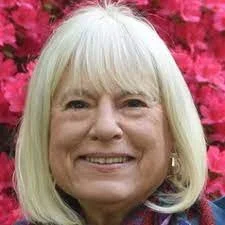
Exploring the Narrative Landscape: Issues, Investigations, and Interventions
Fredericton, NB Canada
St. Thomas University
May 29 - June 1, 2010
About
“Narrative draws upon life for inspiration to create an imagined world that has substance, color, texture, and meaning. Meanwhile, life draws upon narrative for resources to imagine our identity and to interpret others, situations, and the “real” world. Both are involved in an intricate exchange, playing off one another, informing and creating one another. However, the relationship between life and narrative – between experience and story - is not merely theoretical in nature but practical as well.
Narrative has a profound impact on our understanding of what it means to be human; of the choices we make as persons; of the nature of health and wellness, teaching and learning; of the meaning of history; of how social groups work through conflict; and of how the cultural and political world is ordered.”
Featured Topics
What is the relationship between telling and living?
How can the narrative concept help us to better understand experience, interpretation and action?
What does literature teach us about aspects of life, experience, mind, and social relationships?
How can narrative research have a greater impact on the lives of real persons and institutions? How can narrative theory and practice better inform one another?
Can there be a “true” narrative? What are the boundaries between fact and fiction, autobiography and autofiction?
How is identity storied, restoried, even de-storied across the lifespan?
What is the effect of the media (new and old) on identity?
What is the relationship between what is archived in individual memories and social institutions and the stories that we tell?
Organizers
William Randall and Elizabeth McKim, St. Thomas University
Keynote Speakers
-

Jean Clandinin
-

Ruthellen Josselson
-

Kenneth Gergen
-

Mary Gergen